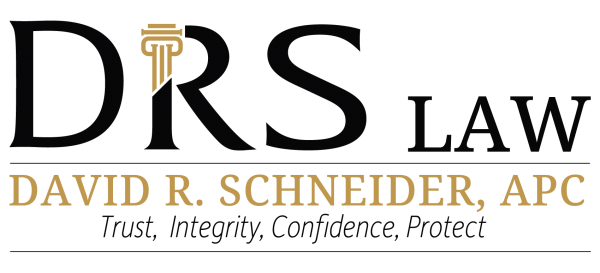Administration of Estates
The administration of an estate may be done with or without probate, depending on the size of the estate and how the property was titled or addressed prior to passing. Of course, a probate proceeding requires pleadings and filing with the court and should usually be done by the executor of the estate with the assistance of legal counsel.
The administration of a trust estate does not mandate the use of an attorney, although this can often be helpful, saving significant amounts of time and frustration trying to work through a court system that is not designed for the novice.
Many trusts may be written with complex layers of sub-trusts to achieve certain tax purposes. Other trusts may require ongoing administration when dealing with young or immature beneficiaries, or special needs provisions.
In these instances, it is often helpful to consult with an attorney in making sure proper disclosures and notices are given and to make sure accountings to beneficiaries are done within the right framework and timelines. Many trustees will hire attorney offices for the day-to-day running of the estate until the assets of the trust are liquidated and disbursed.
The responsibilities of and actions taken by the Executor of the Estate can frequently lead to family in-fighting and the ultimate destruction of family ties. The use of a qualified attorney can dissipate the stress during difficult times.
What Our Clients Say About Working with David
Frequently Asked Administration of Estate Questions
What’s the difference between administering a trust estate and a probate estate?
Trust estate administration can be handled privately without court involvement, while probate estate administration requires court filings, proceedings and court oversight. While you can administer a trust without an attorney, probate typically requires legal counsel to navigate the court system effectively.
How can an attorney help with trust administration if it doesn’t require court involvement?
An attorney helps ensure proper notices and disclosures are given to beneficiaries, manages complex accounting requirements, and handles day-to-day estate management. This is especially valuable for trusts with sub-trusts, special needs provisions, or young beneficiaries, helping trustees avoid costly mistakes and time-consuming complications. Using an attorney to provide notices and receive correspondence from beneficiaries and heirs can often help diffuse antagonistic family relationships.
Why should an executor hire an attorney for estate administration?
An attorney can help prevent family conflicts and protect the executor from potential liability while navigating complex legal requirements. Professional legal guidance helps ensure proper handling of estate assets, timely filings, and appropriate communications with beneficiaries, reducing stress during an already difficult time.
Can I handle my own trust administration without an attorney?
Yes, you can legally administer a trust without an attorney, but it’s not always advisable. Complex trusts with tax implications, special needs provisions, or multiple beneficiaries often benefit from professional legal guidance to avoid mistakes and ensure proper administration according to legal requirements.

Integrity and Experience at the Core of Our Legal Services
With decades of professional experience, David R. Schneider, APC blends deep community ties with a wealth of experience. From running a successful business to excelling in the legal field with top grades and honors, David’s extensive knowledge ensures comprehensive and trusted legal support. His lifelong commitment to the Conejo Valley and its residents is your assurance of reliable and heartfelt service. Choose a legacy of excellence for your legal needs.
